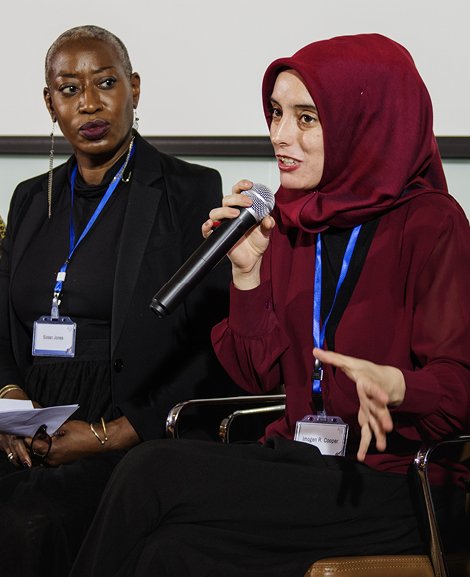Collective for Refugee Leadership in the Middle East and North Africa
Partner: Choose Love
Through the Collective for Refugee Leadership in the Middle East and North Africa (CRLM), a collaboration consisting of the Rockefeller Brothers Fund, the Global Whole Being Fund, Choose Love, Open Society Foundations, Auxilium Stiftung, Vitol Foundation and the Robert Bosch Stiftung, we pursue a coordinated and participatory grantmaking in Lebanon and the broader region.
Refugee Advisory Board for Germany
Partner: Bonn International Centre for Conflict Studies – bicc (Board Secretariat)
In Germany, we supported the creation of a national Refugee Advisory Board – the first of its kind in Europe – composed of experts with lived experience of displacement. The Board’s members join and advise German delegations in international fora and contribute to shape national positions on refugee issues.
Refugees Seeking Equal Access at the Table (R-SEAT)
Partner: Jumpstart Refugee Talent
At the global level, we work together with our partner R-SEAT (Refugees Seeking Equal Access at the Table) to embed refugees’ perspectives into international policymaking. R-SEAT promotes the inclusion of refugees at the national and international policymaking levels to enhance the effectiveness of policies created to serve refugees and to contribute to legitimate processes.
Research on the quantity and quality of funding to refugee-led organizations
Partner: ODI Global
To inform and support decision-making for funders, policymakers, and practitioners, we fund studies and publications that provide evidence around the relevance of refugee-led initiatives.


